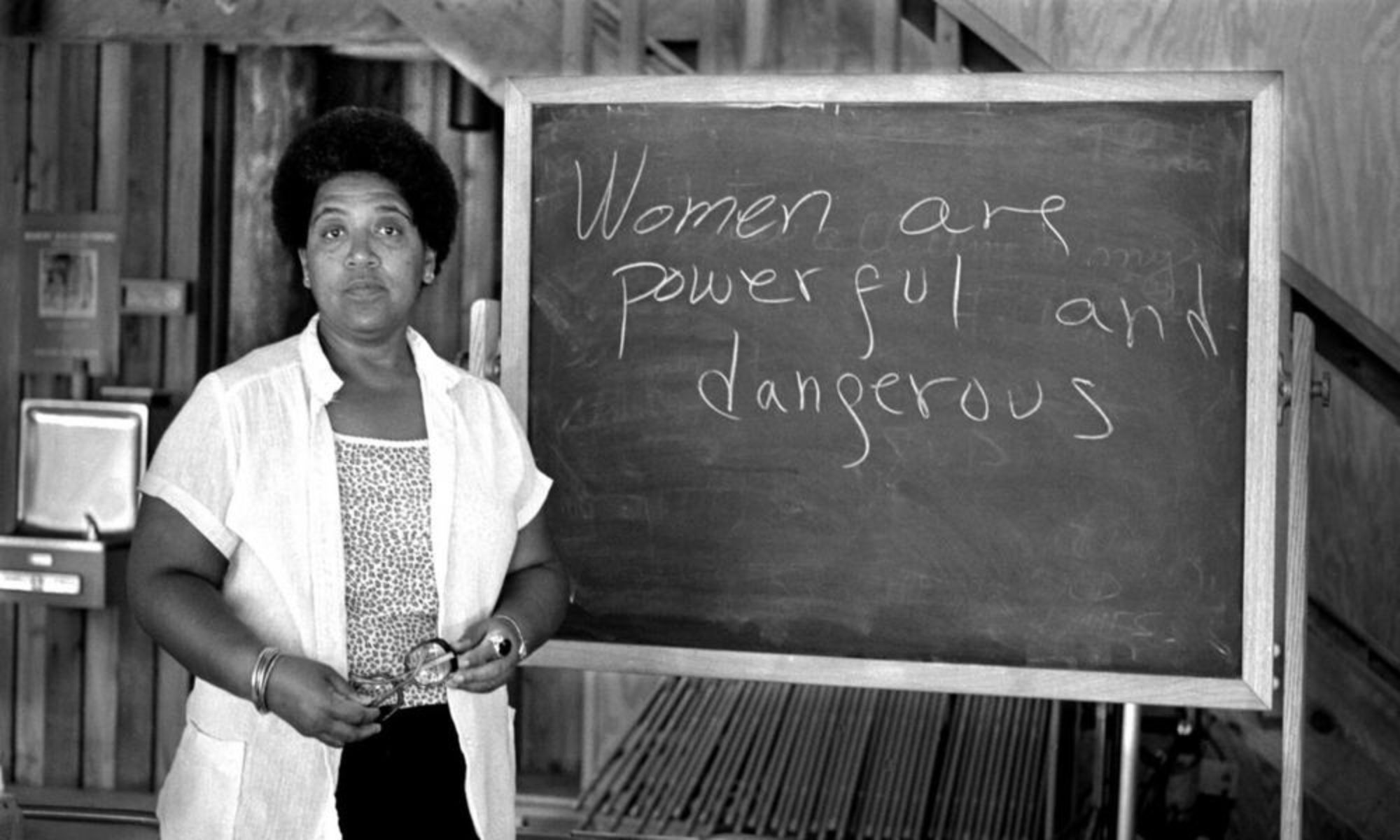God Help the Child by Toni Morrison
This book explains the life of an African American woman named b=Bride and how she was able to get past a life of struggle and become a successful woman. However, even as an adult the events of her childhood still haunts her.
The book starts off by explaining the birth of Bride formerly known as Lula Anne Bridewell, who was born darker than both of her parents. Her father Louis, believed that Lula Anne was not his child because he had a “yellow” complexion and the baby was midnight black. Due to this, he left his child and his wife after 3 years. Bride did not have the easiest childhood as her mother prohibited her from calling her “mom” or “mother.” Instead, she told her forsaken daughter to address her by her first name, Sweetness. Sweetness sees Lula Ann’s color as “a cross she will always carry.”
By the time she reaches an adult, she makes drastic changes to her “countrified” name and decides to name herself Bride, no last name. Bride is living with her boyfriend Booker Starbern, who she barely knows anything about. She is willing to stay with him as long as he treats her like the center of his universe. But after seemingly small argument, Starbern leaves Bride behind.
Even though Bride is saddened by the loss of her boyfriend, she is more focused on the release of Sofia Huxley, a child molester that she falsely testified against. She visits Huxley upon her release date and carries a couple thousand in cash, an airline ticket, products from her cosmetics line and more gifts to greet Huxley. Unfortunately, Huxley is not pleased by her presence and beats her until she needs plastic surgery to reach near recognition.
Towards the end, Bride goes on a search for her ex-boyfriend and to find out more about who he is. She finds him, but things take a turn for the worse. Her friend who helped her find her ex-boyfriend died in a house fire after returning from helping Bride and Starbern settle their differences. After her friend’s death, Bride tells Starbern her situation and what she’s been through and lets him know that she is pregnant with his child.
The book ends with Bride’s mother in a nursing home telling the story of her daughter and although she is happy about having a grandchild, she knows she will probably never get to see this child.
This connects to Morrison’s point of racism in Playing In The Dark. Although what happens in this book is not exactly racism, it is still some form of discrimination that results to similar disparities that Morrison mentions. In her essay, Morrison basically says that to evade race in literature is an act of racism. Bride’s parents refusal to accept her color is an effect of racism. The darker black is always seen as less of amongst the whole race. According to Morrison, skin color creates a polarity (38). This polarity is seen in the life of Bride, the moment she came out of her mother’s womb. Morrsion also mentions that there are certain things you cannot mention in literature such as freedom, class, race and not include the notion of blackness. There are certain things that would not exist if it were not for the lives of African Americans.




